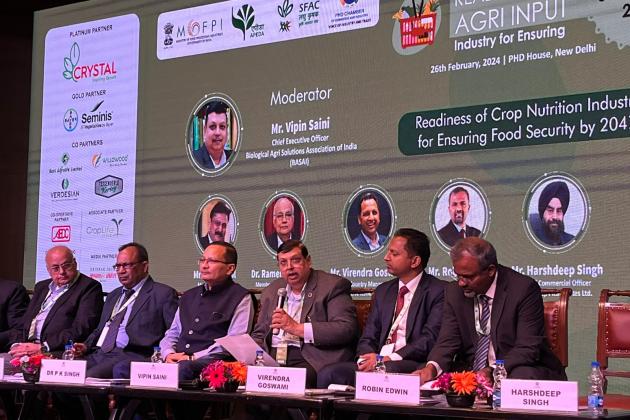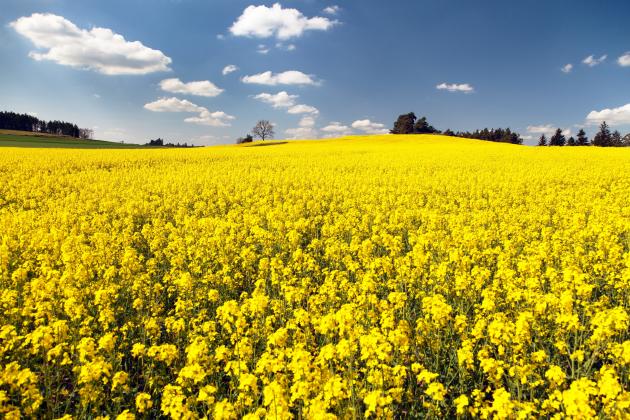
Tomatoes
Originating from the Andean regions of Peru, North Chile and Ecuador, tomatoes are the most widely grown vegetable. The worldwide annual production of tomatoes is more than 180 million tons, cultivated on 4.7 million hectares.
Both fresh and processing tomatoes can be cultivated in open field conditions, however in order to better control growing conditions, tomatoes are often grown in poly-houses. Growing the plants under plastic avoids exposing the plants to rain and therefore reduces the risk of fungal diseases. Also, the average temperature is higher, and this is an advantage when outside temperatures are low.
The most high-tech cultivation is the growth of tomatoes in greenhouses where they are grown in substrate (mainly rock wool or coco-peat) with support of carbon dioxide and artificial light. As a result, a production of 1000 tons of tomatoes per hectare annually can be possible using these high-tech conditions. With such high production levels, the tomato crop not surprisingly requires a high amount of fertilizers.
For tomato it is important to distinguish between cultivation in the soil and cultivation in a substrate. For soil cultivation, analysis of the soil is important to determine the correct amount of fertilizer to apply. The amount of fertilizer to be used should consider the nutrients that are already in the soil, and also several factors such as crop demand, crop management, environmental conditions as well as production objectives. Regarding the substrate, it should be a stable and inert product, not degrading, releasing or absorbing nutrients. Consequently, all the nutrients must be applied in the drip irrigation water. The root zone for plants grown in substrate is limited and for this reason it is essential that the plants are irrigated every day and receive nutrients along with the water
To achieve a high yield of tomatoes, it is necessary to use the right source of fertilizer, at the right rate, at the right time and in the right place. A well-balanced fertilizer program is needed to achieve this.
-
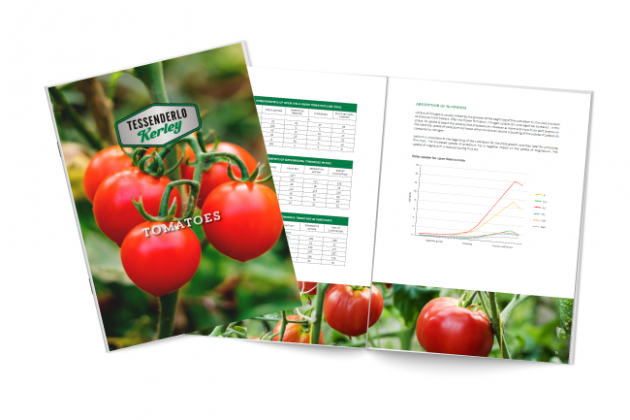
Download the Tomatoes crop guide here
Tomatoes guide
All you need to know about tomatoes -
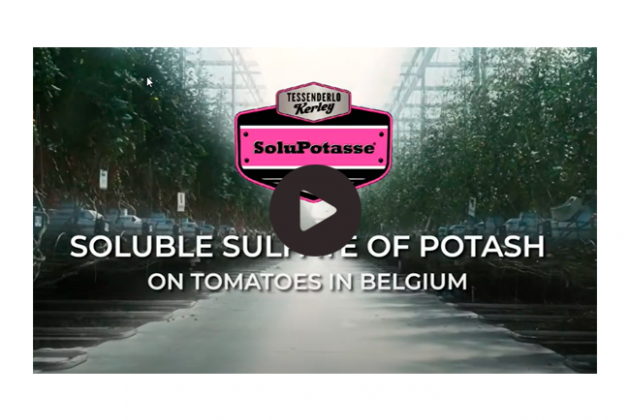
Cultivate tasty tomatoes one year round. How do you do that?
Tom van Den Berk Délice tells you.Watch our video about SoluPotasse and tomatoes in Belgium -
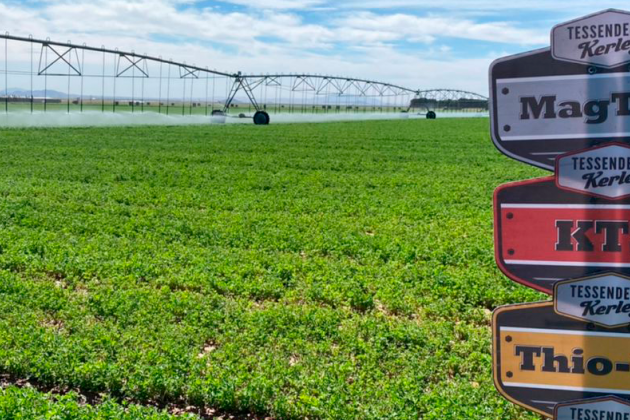
Our broad spectrum of solutions can assist all farmers regardless of crop type, soil type, water usage levels or climatic conditions.
Discover our range of products
Get the answers you need to product information, field trial results, blend testing, application tips and more. Find and contact your local expert in your region
Contact us
